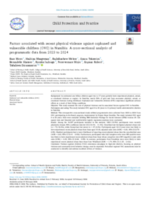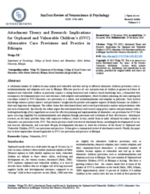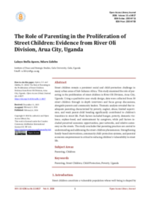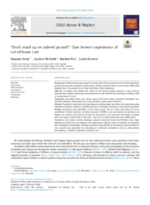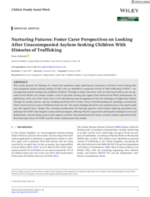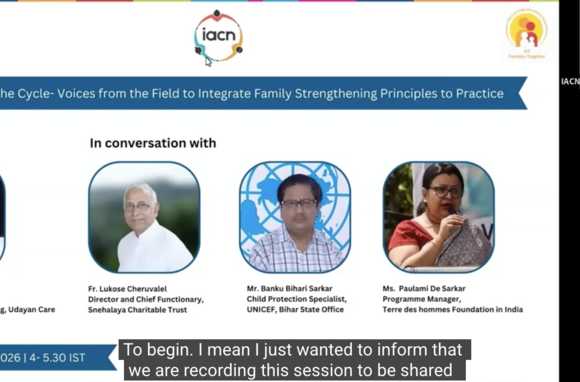Factors associated with recent physical violence against orphaned and vulnerable children (OVC) in Namibia: A cross-sectional analysis of programmatic data from 2023 to 2024
This study assessed the prevalence and factors associated with physical violence against orphaned and vulnerable children (OVC) in Namibia, using data from 16,507 participants in the Reach program. Findings show that 10.9% of OVC experienced recent physical abuse, with variation across districts and age groups, highlighting the need for targeted violence‑prevention campaigns, community-level behavior change initiatives, and regular regional assessments to address localized drivers of violence.

